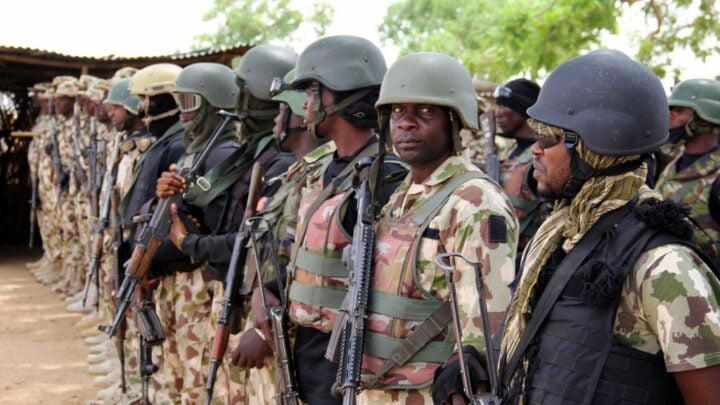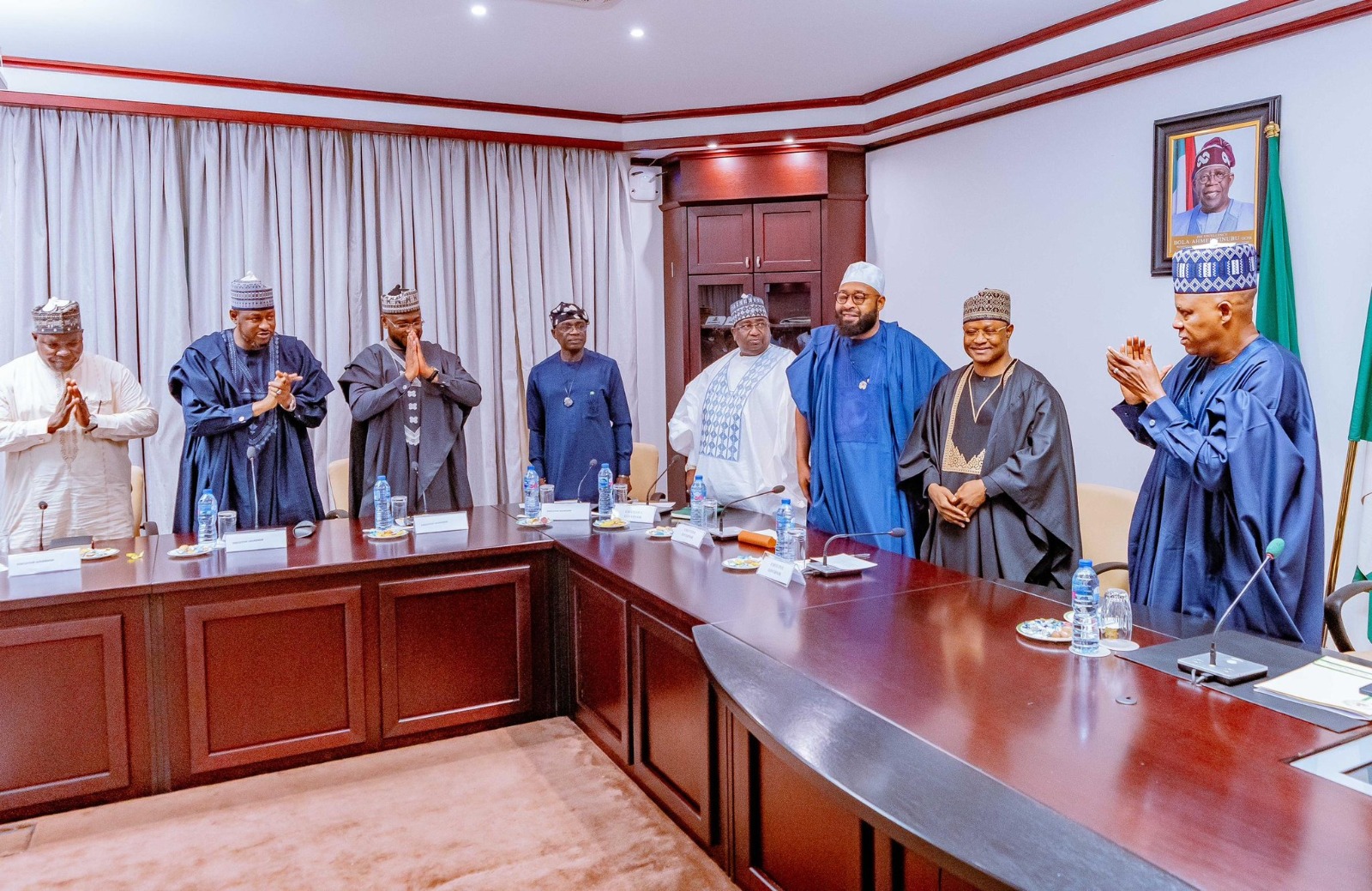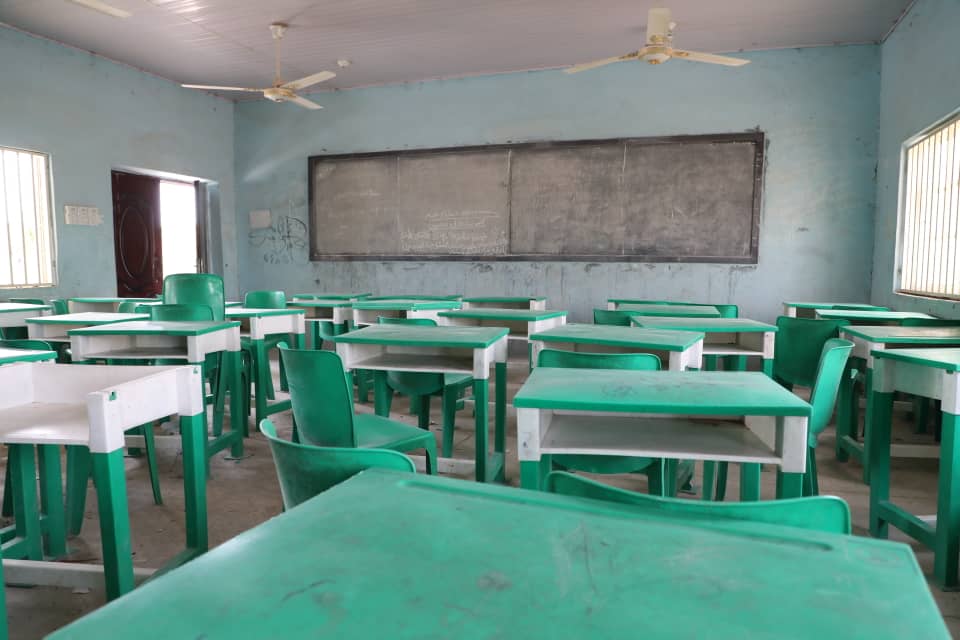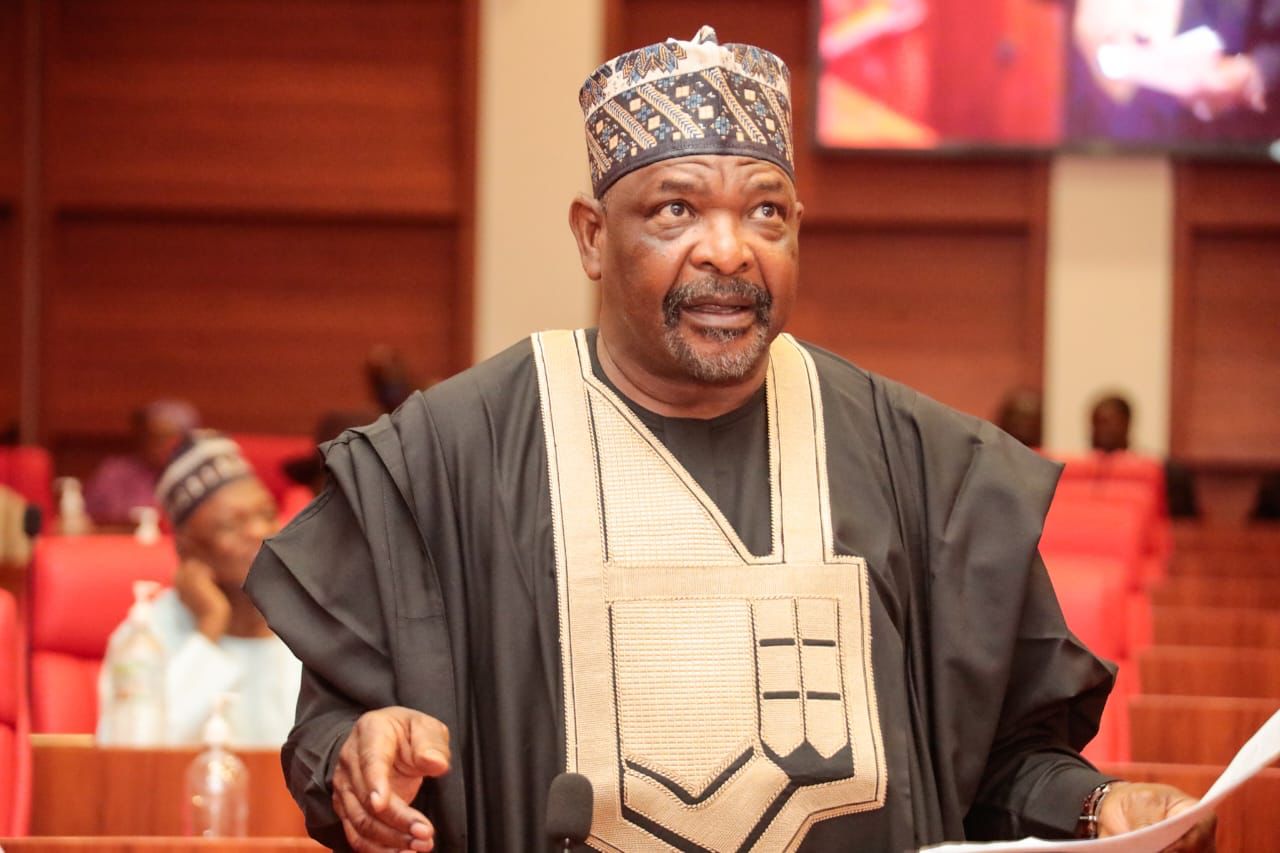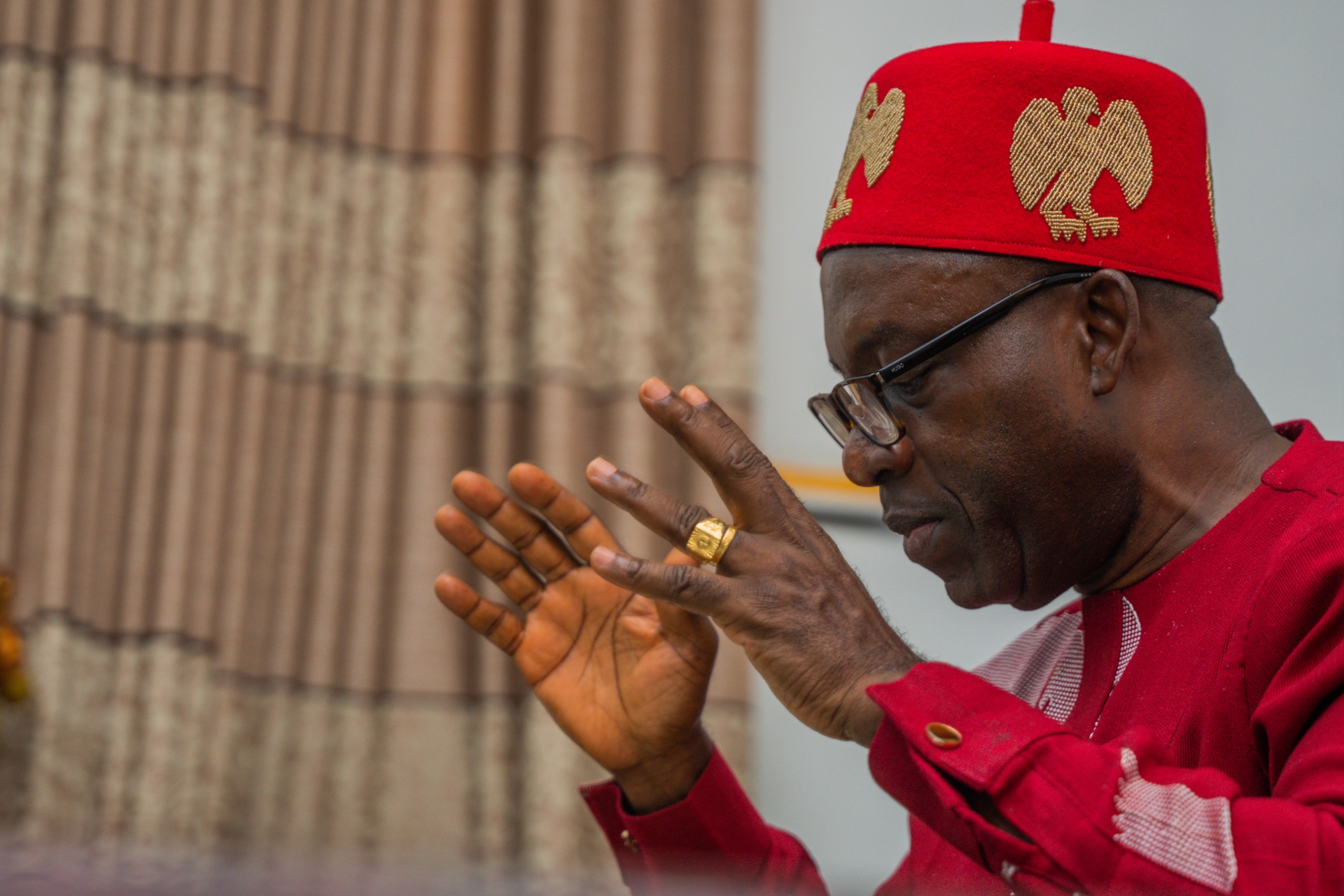BY ADETOLA BABALOLA
Africa must learn to make the best decisions, especially in crisis. According to Claude-Frédéric Bastiat, there are seen and unseen effects for every action taken. For Africa, this means there will always be unintended consequences to whatever actions African legislators take; hence, there is a need to take the right ones if the aim is to achieve a more prosperous Africa.
This is why it is essential: more than 500 million people in Africa are poor, and over 32 million people are plagued with food insecurity across Ethiopia, Kenya, and Somalia. So we need no oracle to tell us the continent needs urgent measures to eradicate poverty in its lands. One of the SDGs is solely focused on eradicating poverty in the world.
Leaving poverty and hunger, peace and security has been a farce in many communities across the African states. There have been seven military coups within the last three years in Africa, each one disrupting democratic institutions in the continent. The unseen effects are the high levels of insecurity and political instability across the continent. Trade and movement across borders are hampered, creating artificial shortages and inflations, fueling unemployment, and spreading poverty.
Advertisement
Why African leaders have failed to create a prosperous continent is because they ignore a crucial aspect of the economy: looking beyond the immediate impacts. According to Bastiat, a good economist considers the unseen long-term effects. For example, when a country closes its borders, isolating itself from foreign importation, the short-term gains may mean forcing the citizens to local production. But the unseen long-term consequences are shortages of goods, high inflation, and low-quality products.
Nigeria did this in 2016 when the government closed all its land borders, restricting importations. This led to a limited supply from local farmers and simultaneously high demand due to the population, skyrocketing inflation rapidly, and the price of rice—the country’s most consumable food—quadrupled. Right now, the government and citizens are living and suffering the consequences.
There can only be an economic boost in Africa through the exchange of people and ideas. For example, the southern region of Africa has consistently experienced economic growth. Trade between South Africa and Zambia has increased annually by 8.28% within the last 26 years. This is a four times (4X) increase in output compared to the 1995 data. In monetary terms, it went from $33.9M in 1995 to $269M in 2021. This shows the tremendous economic potential within the African continent despite her crisis if trade can be made more liberal.
Advertisement
Africa needs to embrace more liberal and economic policies. Interestingly, many Africans still equate colonialism with capitalism. They hold a false dogma that takes them away from the focal point, which is simply poor leadership. Charles Darwin, the father of evolution, once said, “ignorance brings confidence more often than knowledge.” Therefore, if Africa, through liberty, wants the best for its citizens, she must be ready to deal carefully with ignorant people. These people believe that the current archaic and failed political systems that brought Africa to its current state will somehow miraculously save it.
Paths through enlightenment include education. Education should be planned in a manner free from constant advertisements that cause interruptions in passing messages. The language of choice should also be simple and free from abuse or malice. It is worth noting that a few may still fail to tilt, and we must let them enjoy their power of freedom.
One of the ways a man can lose himself while trying to recover is through fallacious ideologies and beliefs, such as everything must be free or come from the government! While this phrase does not favour incompetent, corrupt leaders, the African people should not see everything as a public good. Africa needs to adopt more free market ideologies and entrepreneurial mindsets. Let’s take a look at the COVID-19 vaccination. Yes, I agree that vaccines should be made easily accessible, but the industries producing these vaccines are private entities, and their products should be treated as such. Enforcing the vaccine approach in Kenya and other countries meant diverting public funds. While this seemed reasonable, data has shown that there needed to be more transparency. Africa still has many unvaccinated people, with barely one in four people vaccinated. So, was the hassle worth it?
Finally, language is another factor affecting economic freedom in Africa. Zimbabwe alone has 16 official languages set by the government; this is just a little less than the total number of languages of the European continent. If I were to take my business from Ibadan here in Nigeria to Zimbabwe, after understanding English and Yoruba, I would have to consider Shona, Ndebele, Chewa, Chibarwe, Kalanga, Koisan, Nambya, Ndau, Shangani, Tonga, Tswana, Venda, Sotho and Xhosa. So, we see that the language barrier in Africa is as significant as the Wall of Jericho, and only through education and improved border policies can we overcome this.
Advertisement
Adetola Babalola is an author of Poetry Collection, Words From Hell, and a writing fellow at Bastiat Scrolls.
Views expressed by contributors are strictly personal and not of TheCable.
Add a comment

